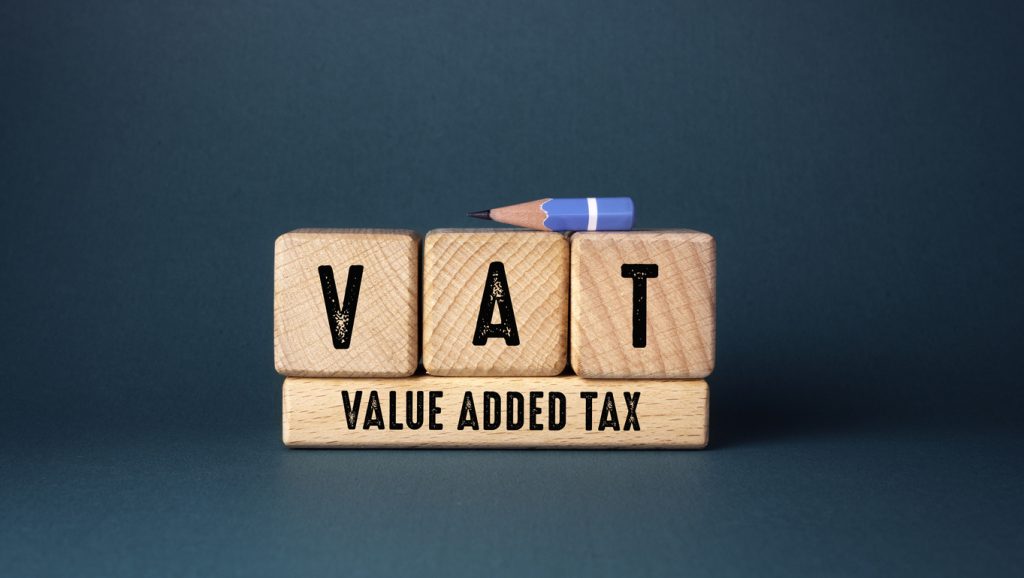
Get in Touch
Our team of accountancy experts are available to speak to you as soon as possible. You can also email us or complete the contact form and one of the team will be in touch.
A pension is a tax-efficient way of saving for when you retire from work. Once you’ve reached retirement, you’ll not be paid a regular wage by an employer. Instead, you’ll start using your pension fund to pay for everyday costs. There are different types available to you, depending on your personal circumstances.
There are three main types for you to consider for your retirement:
1. Workplace pension
This is a pension scheme that’s arranged by your employer. To be eligible, you must:
- Work in the UK
- Be aged between 22 and State Pension age
- Earn more than £10,000 a year
If all the above is true, your employer must automatically enrol you in a scheme. Then, every payday, a percentage of your pay is put into the workplace pension scheme. Your employer will add money into it too. This is known as auto-enrolment.
You’ll also get basic rate tax relief on these contributions. Usually, the pension provider will get it for you and add it to your pot, which is known as ‘automatic relief.’ You can claim another 20% or 25% in additional tax relief if you’re in the higher tax rate threshold (£50,270 in the 2023/24 tax year). You do this by filing a Self Assessment tax return.
2. State Pension
This is a regular payment you receive from the government once you retire. To be eligible, you must first reach the qualifying age, with at least ten qualifying years on your National Insurance record.
The amount of money you’ll receive depends on your National Insurance record. Usually, you’ll get the full amount available if you have 35+ qualifying years of contributions. It’s highly unlikely that you’ll be able to live off this alone, but it’s still a useful addition to your retirement pot.
3. Individual pension
There are all sorts of different individual pensions:
- Personal
- Stakeholder
- SIPPs (self-invested personal pensions)
With these schemes, how regularly you pay in is up to you, and the amount you’ll get back depends on how the investments perform. The value of your pension investments can fluctuate. In some extreme cases, you might even end up with less than what you originally paid in.
Frequently Asked Questions
-
How much will I pay into my Workplace Pension?
The amount that you pay into your pension depends on your qualifying earnings before the deduction of Income Tax and National Insurance. Your employment contract will detail your specific contributions, so check with your employer for your pension information.
-
Do I have to be a part of pension auto-enrolment?
As an eligible employee, you do have the right to opt-out of auto-enrolment and you would contact your employer to discuss this. This must then be re-visited every three years and you can choose to opt-in at any time. Your employer can’t postpone this.
Search More Terms
View our latest news & insights






